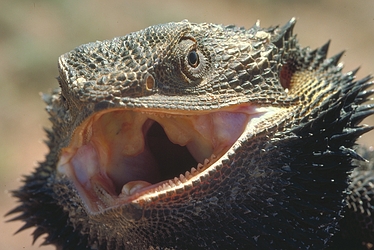Bearded Dragon Care: Your Ultimate Guide to Lizards with Attitude
Meet Your New Reptilian Friend: Bearded Dragon Lizards
If you are looking for a unique, cool, and low maintenance pet, then bearded dragons are a great option to consider. These lizards are called “bearded” dragons because of their ability to puff out and darken the skin under their chin, resembling a beard. They are native to Australia and are well-known for their curious and friendly nature. While they might not be as cuddly as dogs or cats, these lizards can make a great addition to any family, especially for beginners who are new to reptile keeping.
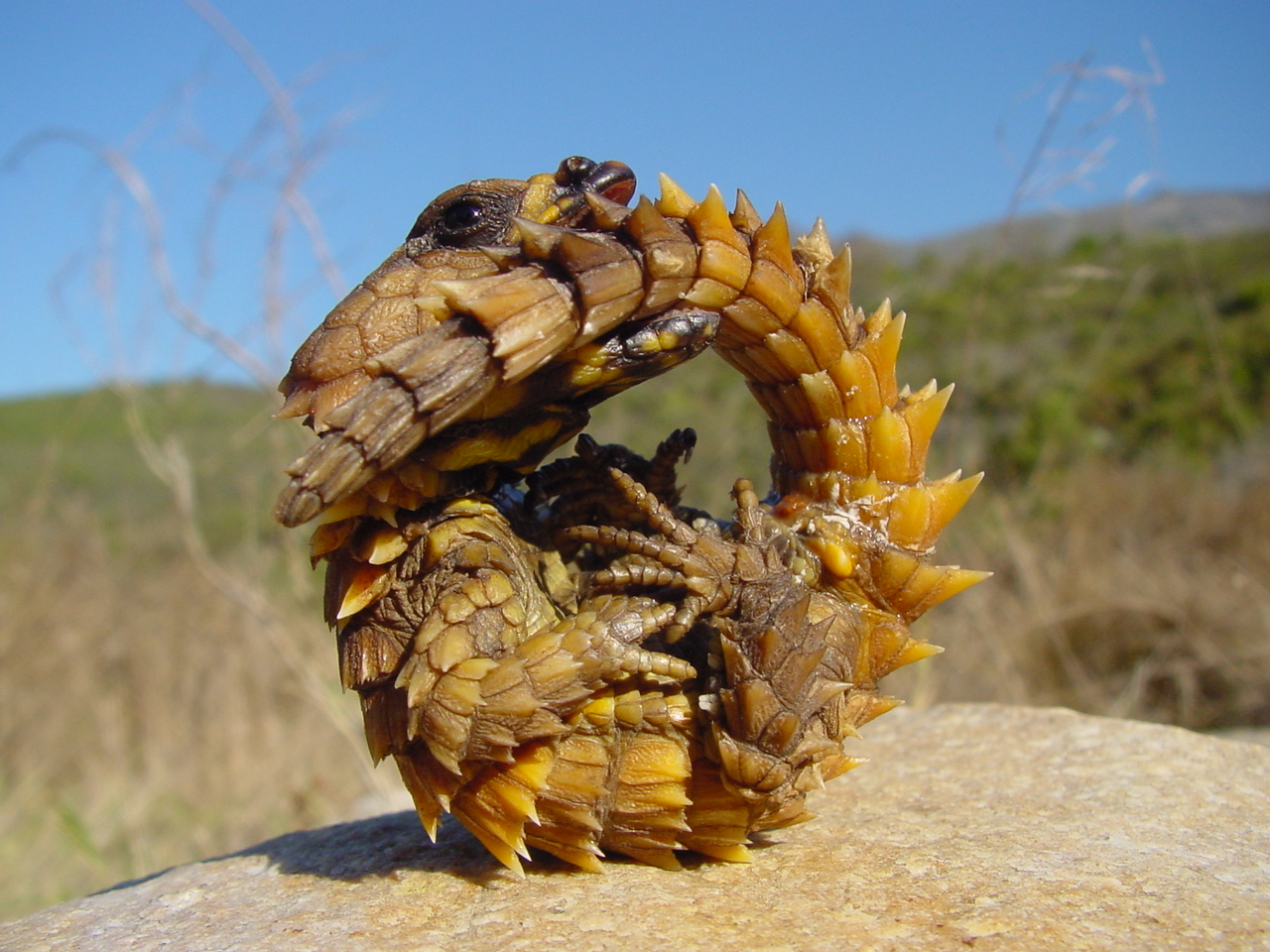
Bearded Dragon Care: What You Need to Know Before You Adopt One
Before you bring home a bearded dragon, there are important factors to consider to ensure that you are providing the optimal care and environment for your new pet. Here’s what you need to know:
1. Housing
Bearded dragons require a spacious enclosure that is big enough for them to move around freely, bask, and exercise. A terrarium with a secure lid is a good option for these lizards. The enclosure should have a temperature gradient, UV light, and should be kept clean and dry. Lizard carpet or newspaper is a good substrate option, as it doesn’t pose any health risks to the lizard and makes cleaning easy.
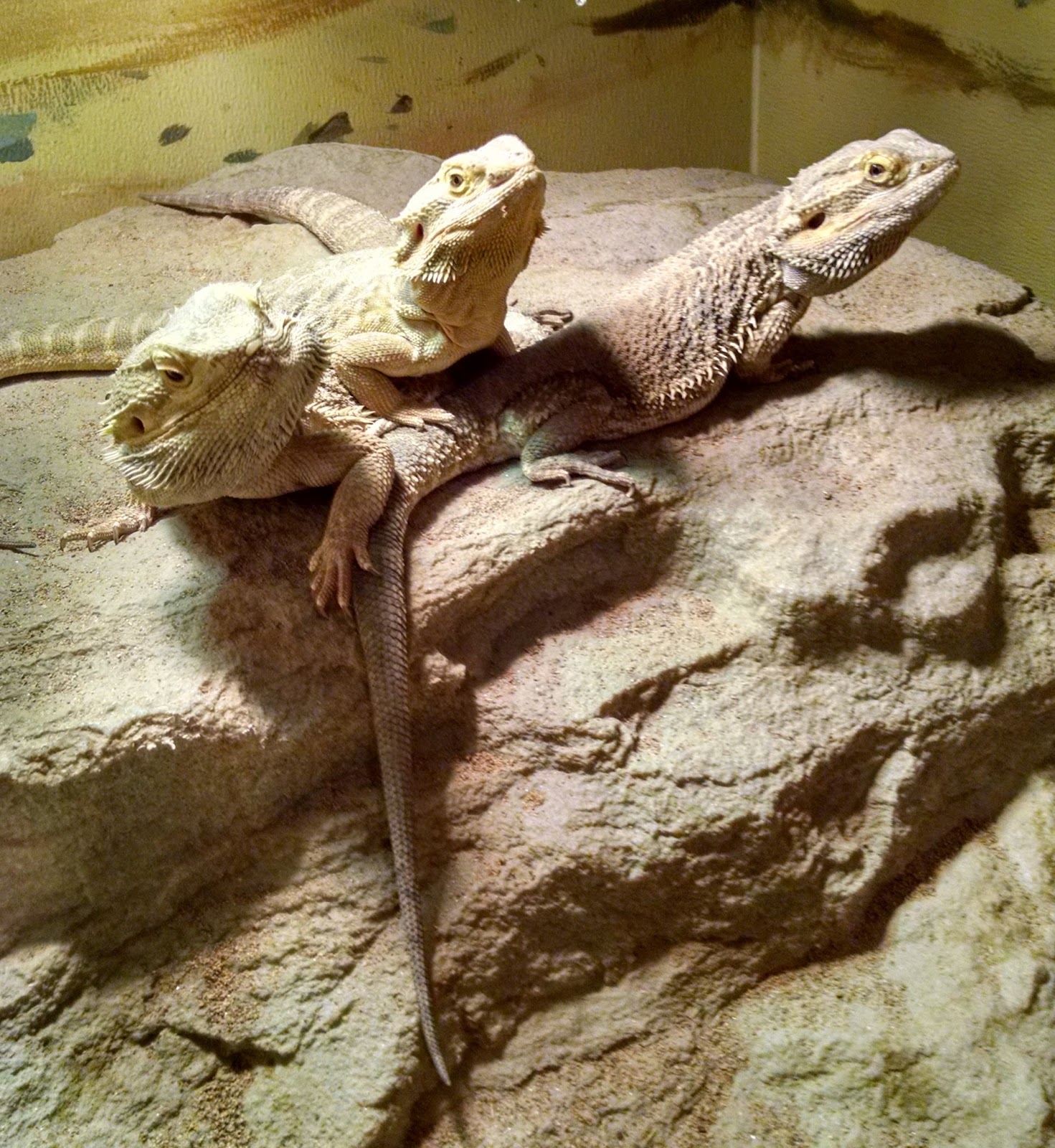
2. Temperature and Lighting
Bearded dragons are cold-blooded species, which means that they rely on external heat sources to regulate their body temperature. The enclosure should have a temperature gradient, with a basking spot where the temperature should be between 95-100℉, and a cooler area of around 75-80℉. UVB lighting is also essential for bearded dragons, as it helps them synthesize vitamin D3 and prevent metabolic bone disease.
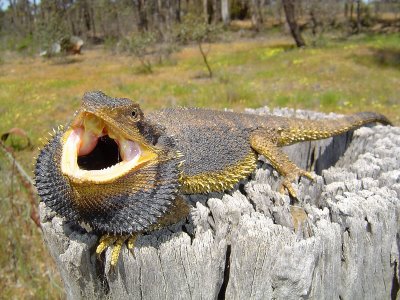
3. Diet and Nutrition
Bearded dragons are omnivorous lizards that require a balanced diet of live insects, vegetables, and fruits. Crickets, mealworms, and phoenix worms are staples in their diet, while kale, collard greens, squash, and carrots are some of their favorite vegetables. Fruits such as berries and papaya can also be fed to them as treats. It’s crucial to provide a varied diet to ensure that your bearded dragon gets all the essential nutrients they need to thrive.

How to Care for Your Bearded Dragon
Now that you know the essential things you need to consider before adopting a bearded dragon, here are some tips to help you provide great care for your new scaly friend:
1. Handle Them Regularly
Bearded dragons are social creatures and enjoy interacting with their owners. Handling them regularly can help you bond with your lizard and make them feel comfortable and at ease with you. However, it’s important to support their bodies when handling them and avoid squeezing or gripping them too tightly, as it can cause injury or stress.
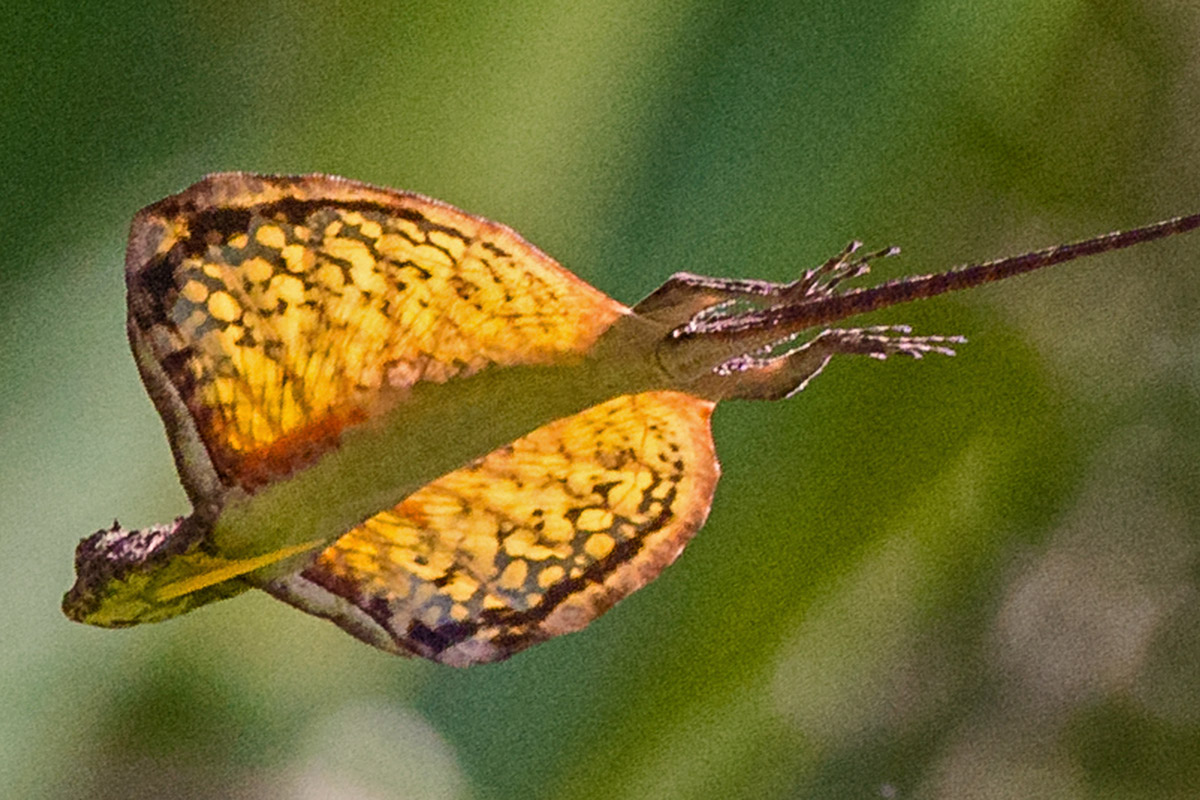
2. Monitor Their Behavior and Health
Monitoring your bearded dragon’s behavior and health can help you identify any signs of illness or issues before they become severe. Keep an eye on their appetite, stool, skin color, and activity level, and take them to the vet for any unusual behavior, injuries, or changes in their physical appearance.
3. Interact with Them
Just like dogs and cats, bearded dragons enjoy entertainment and stimulation. Providing them with toys, hiding places, and a change of scenery can make their lives more exciting and engaging. You can offer them tunnels, climbing branches, or even a shallow pool to help them cool off on hot days.

Conclusion
Bearded dragons are fascinating and fun lizards that can make excellent pets for beginners and experienced reptile keepers alike. As long as you provide them with the right environment, nutrition, and care, they can live long and healthy lives, up to 15-20 years. By following the tips and guidelines in this guide, you can ensure that your bearded dragon is happy, healthy, and enjoying their life with you.
